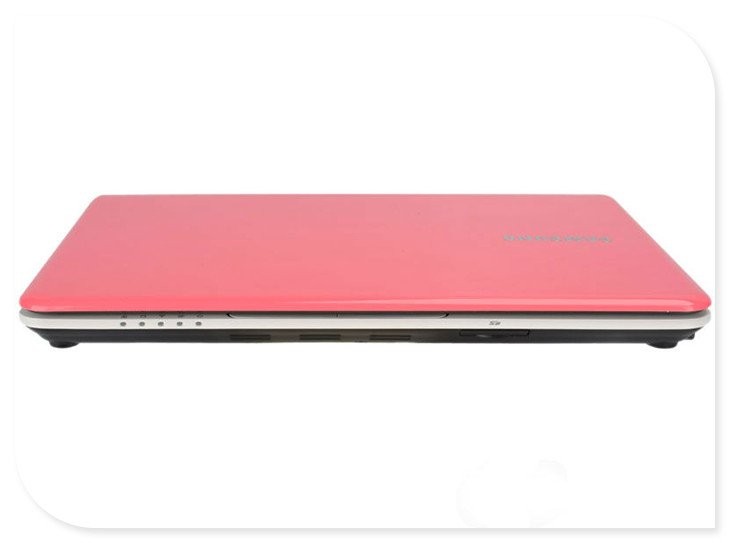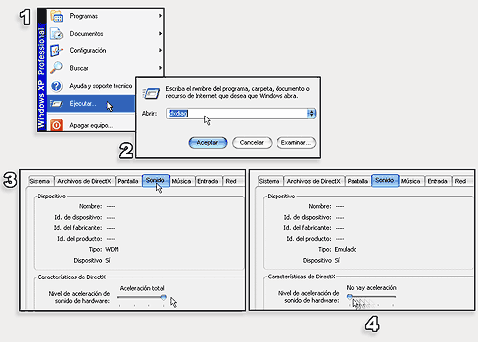What s a Mini Option
Post on: 18 Июнь, 2015 No Comment

Key Points
- Mini options give investors flexibility in managing smaller, high-priced stock positions. They are designed for option traders that own 10–90 shares of certain high-priced stocks. Mini options are very similar to standard options with the exceptions of the contract size and the option multiplier.
Mini options are a relatively new product in in the options marketplace. As the name suggests, they are a smaller version of the standard option contract. Specifically, these contracts represent only 10 shares of the underlying security rather than 100 shares. The goal of mini options is to give investors more flexibility in managing smaller, high-priced stock positions.
Let’s find out when you might use them and how they work.
Why use mini options?
These options were primarily introduced to accommodate investors who own between 10 and 90 shares of certain high-priced securities. Mini options allow these investors with smaller positions to take advantage of option strategies that were previously unavailable.
For example, an investor who owns 10 shares of AAPL 1 now has the ability to sell a covered call. purchase a protective put. or do both and collar the position. In addition, investors who don’t have a position in these higher-priced securities may use mini options as a lower-cost way to gain exposure to these stocks. When considering long options as a substitute for stock exposure, however, keep in mind that stocks do not expire, may pay dividends, have voting rights and loan value, while options expire, have a much higher risk of 100% loss of principal, do not receive dividends, and do not have voting rights.

How do they differ from standard options?
There are two primary differences between standard and mini options:
Contract size. Mini options represent 10 shares of the underlying security, so exercising one mini option results in the delivery of 10 shares of the underlying security (long call holders receive 10 shares at the strike price and long put holders deliver 10 shares at the strike price).
Premium multiplier. The mini option premium multiplier is $10 rather than the standard $100. This means that the quoted price for a mini option is multiplied by $10 in order to determine the cost. For example, if the quote on a mini option is $5 by $5.10, you can expect to pay $51 ($5.10 × 10) to purchase one contract or receive $50 ($5 × 10) when selling one contract (not including commissions).
There are a few other minor differences to be aware of (discussed below), but otherwise mini options are very similar to standard options:
Comparison of mini options vs. standard options














